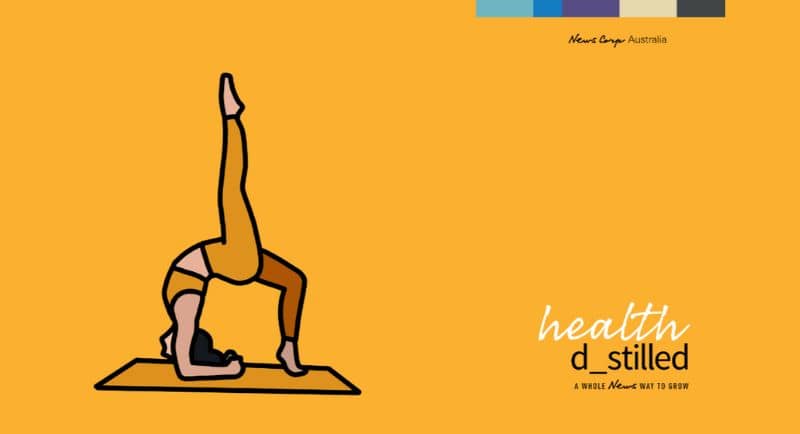The Growth D_Stillery, in collaboration with research partner Verve Australia, has released new health and wellness research revealing health is wealth for Australians, and the costs can weigh heavy.
The comprehensive Health D_Stilled Report found Australians are prioritising health and wellbeing, looking after themselves and being more empathetic of their needs, with 84% agreeing that health and wellbeing is a top of mind priority for them. Increasingly, health is more about positivity than problem-solving, with a continuing increase in self-compassion and self-care.
This is balanced with the reality of what they can actually afford, as one in three respondents whose budgets have been impacted by living costs are doing less for their health and wellbeing than they were 12 months ago.
Director of The Growth D_Stillery Dan Krigstein said: “The research reveals Australians are taking a more holistic and kinder approach to health and wellbeing, with top aspirations revolving around happiness, quality of life and feeling good. Spending time outdoors is an increasingly essential component, and expert voices are once again taking precedence over influencers.
“However, with many Australians facing financial constraints, those hit hardest by economic challenges are re-evaluating their health and wellness spending compared to a year ago.
“For marketers, this means understanding the implications for their brands and the nuanced roles they can play in consumers’ health aspirations and the value they can deliver, in order to ensure they are not on the chopping block.”
Resource constraints are forcing people to rationalise their health and wellbeing spend and choices, seeing categories and behaviours divided by what is fundamental to health versus what can be compromised or adapted.
The Growth D_Stillery research identified what and how Australians are prioritising in health and wellbeing through three distinct groupings ‘Survive, Thrive or Optimise’. These are determined by the level of resilience and with it how much people are willing to compromise.
Survive categories and behaviours are most resilient, as foundational elements to support everyday health and wellbeing.
• Behaviours: These health and wellbeing behaviours maintain foundational health, often seen as critical everyday essentials, including sleep quality and quantity, healthy eating and managing stress.
• Categories: Products or services for everyday usage, such as glasses and sleep aids, or ‘as you need’ such as GPs and dental. These products tend to be more difficult to replace, and harder for people to find suitable compromises for.
• Trade-offs: These are products people have a low willingness to compromise given their perceived essentialness. They may be willing to trade down to lower cost alternatives, such as bulk billing or payment plans, or stripping back to the basics for health insurance.
Thrive categories and behaviours support and boost overall health and wellbeing, making people feel good and flourish.
• Behaviours: These behaviours have strong emotional impact and help to recharge or reassure individuals, from spending time outdoors and relaxing activities such as gardening and reading, to advice from health professionals.
• Categories: Products and services with added emotional benefits that people value. These include supportive services that give access to professionals such as telehealth and psychologists, everyday facilitators of self-care like skincare and personal care, as well as health supplements.
• Trade-offs: People are not willing to eliminate these products from their lives, so look for simple, wallet-friendly substitutes and trade-offs instead. The most common ways people are doing this is by purchasing generic or unbranded versions or items on special, or moderately scaling back their frequency of usage.
Optimise categories and behaviours help individuals to supercharge health and wellbeing pursuits, however tend to be discretionary and are most vulnerable to compromise.
• Behaviours: These behaviours help people ‘level-up’ and supercharge pursuits. These are the most discretionary and include lifestyle choices, digital content and organised activities such as health tracking, yoga and meditation.
• Categories: Typically more expensive, high-cost investments and most elastic. They tend to be more focused on wellness, such as spas, cosmetic surgery and alternative therapies; or physical fitness and training, including personal trainers, gym memberships, fitness apparel, classes and equipment.
• Trade-offs: These are categories people have a higher willingness to compromise on, and are easier to reduce or substitute than other categories. People are willing to trade out and discontinue activities in favour of lower cost or free alternatives – cancelling gym memberships in favour of outdoor exercise, opting for DIY alternatives, or scaling back their frequency of use, or size of plan.
